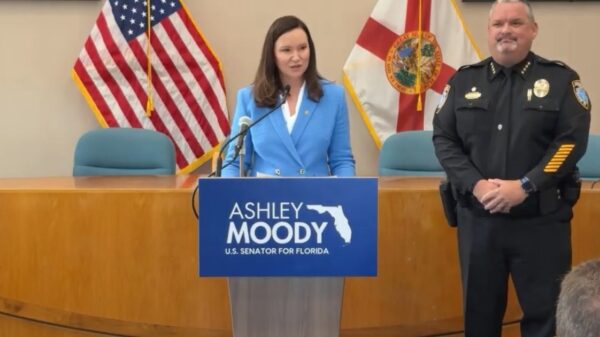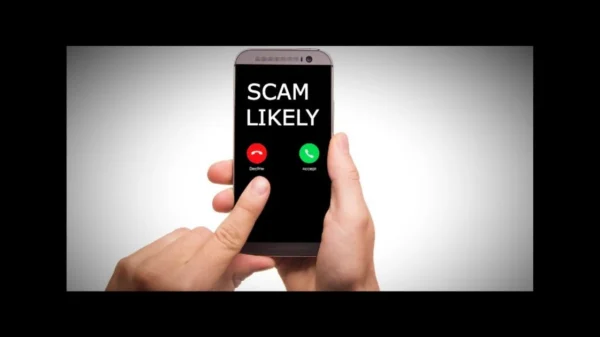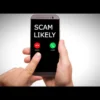State Attorney General Ashley Moody is warning Floridians about potential scam charities which are claiming to help the Bahamas after Hurricane Dorian.
Moody noted that the hurricane devastated the Bahamas but warned about scammers trying to take advantage of charitable Floridians.
“Hurricane Dorian is a deadly storm, and thankfully Florida was spared a direct hit. Sadly, our friends in the Bahamas weren’t so lucky. Unfortunately, when we see catastrophic events like these, we also see scammers rush in to prey on the good intentions of generous Floridians. Before you give to organizations seeking donations for Bahamas-restoration efforts, please take steps to ensure your donation is going to legitimate charities and entities,” Moody said last week.
Moody offered some tips for Floridians wanting to help the Bahamas:
Never give credit card numbers, gift card account numbers or bank account information to a caller on the phone or in response to an unsolicited email;
Before donating over the phone or online, take steps to verify the charity or fundraising campaign;
Avoid solicitors that use high-pressure tactics;
Watch for charities with similar-sounding names. It is not unusual for scammers to choose names that sound like the names of legitimate, widely-known charities;
Look up the charity on CharityNavigator.org before giving;
Research and review the organization carefully to understand how much of the donation will actually go towards the work of the charity as opposed to administrative expenses and overhead;
Check with the Internal Revenue Service to see if the tax-exempt organization filed an annual return or notice with the IRS. The IRS requires automatic revocation of a charity’s tax-exempt status if it fails to return for three consecutive years. Publication of an organization’s name on the Auto-Revocation List helps potential donors determine the status of a charity. To learn more, go to IRS.gov and search the Charities and Non-Profits topics.
Moody also offered the following tips to help donors spot and avoid crowdsourcing charity scams:
Research the webpage creator’s background and reviews before donating;
Know that there are many different crowdsourcing platforms, each with different terms of use and fraud investigation practices;
Check to see if the platform offers protections to donors should a campaign be fraudulent;
Determine what percentage of any funds raised will go to the charity and what percentage goes to the platform;
Search to see if there are any identical or extremely similar campaigns.


















